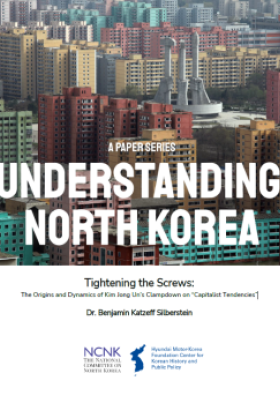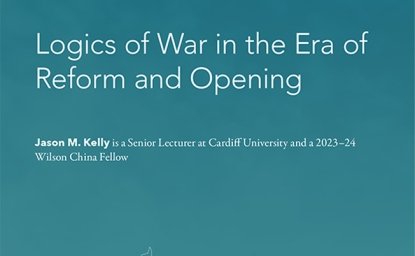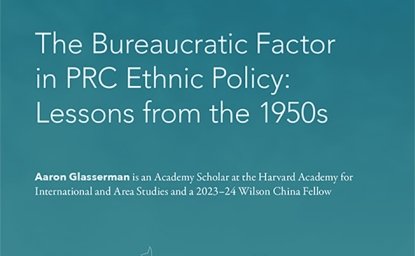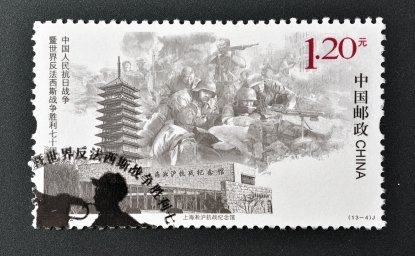Tightening the Screws: The Origins and Dynamics of Kim Jong Un's Clampdown on “Capitalist Tendencies”


"North Korea is one of the harshest totalitarian dictatorships in the world. It is, however, not a static society. Dynamics of oppression have waxed and waned throughout the country’s history. The current leader, Kim Jong Un, has made it a priority to strengthen surveillance and social control, and launched an intense crackdown against foreign, “capitalist” culture in the country around one year ago. This runs counter to what many believed—or perhaps, rather, hoped for—as Kim ascended to replace his father, Kim Jong Il, in late 2011. This paper explores the origins and dynamics of the current crackdown as well as the risks it carries for the regime."
Click here to read the rest of the report now.
The Understanding North Korea roundtable series is a joint program of the National Committee on North Korea and the Wilson Center’s Hyundai Motor - Korean Foundation Center for Korean History and Public Policy. The roundtable series was established to enable emerging scholars of North Korea to share their research ideas with peers and experts in the field, and to publish their findings in a format accessible to a general audience.
This paper reflects the views of the author alone and not those of the National Committee on North Korea, the Wilson Center, or any other organizations.

Author

Hyundai Motor-Korea Foundation Center for Korean History and Public Policy
The Center for Korean History and Public Policy was established in 2015 with the generous support of the Hyundai Motor Company and the Korea Foundation to provide a coherent, long-term platform for improving historical understanding of Korea and informing the public policy debate on the Korean peninsula in the United States and beyond. Read more

Explore More
Browse Insights & Analysis
Logics of War in the Era of Reform and Opening


